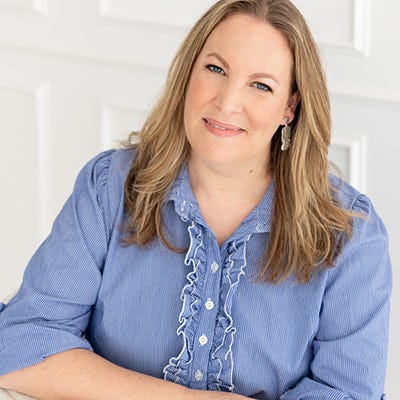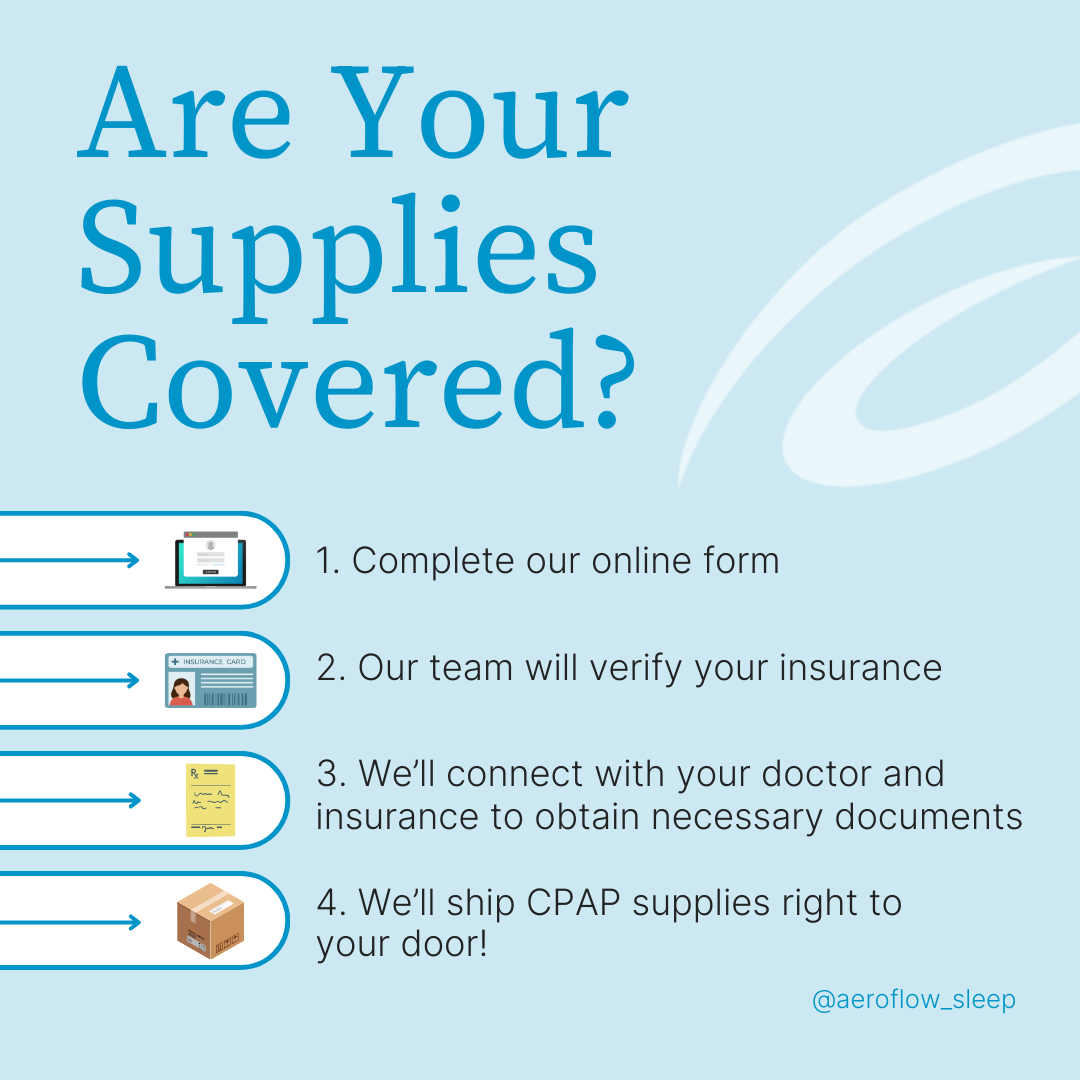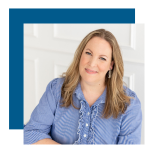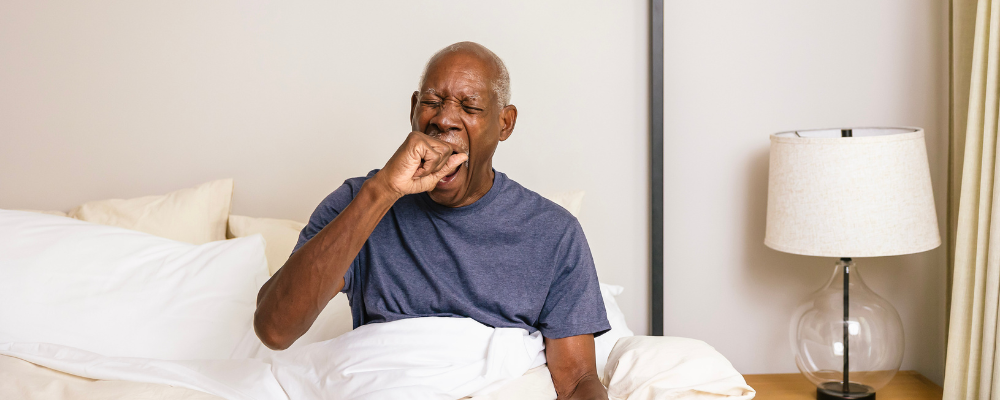I sat in the doctor’s office with a sense of anticipation, almost verging on excitement. I was 23 years old, and my daytime sleepiness was getting so bad that I was struggling to stay awake at work. After an initial consultation, the doctor ran every blood test he could think of. I was returning to the doctor’s office for the results.
“Great news!,” he said with a beaming smile. “All of your bloodwork came back completely normal.” I tried to mirror his jubilant expression, but deep down, I felt disappointment and dismay. The doctor’s reassurances made me question if I had made up my sleepiness or if my sleepiness was my fault for not sticking to an early bedtime. It never occurred to me that the doctor could be missing a serious sleep disorder and that I should seek a second opinion or push for a sleep study.
How I, Emma Cooksey, Took Control Of My Sleep Apnea
After that initial consultation, I regularly saw doctors over a decade and described all the symptoms I was having; including:
- Daytime sleepiness
- Loud snoring
- Waking up gasping
- Morning headaches
- Anxiety
I knew nothing about obstructive sleep apnea (OSA) and therefore was unable to articulate the symptoms clearly and advocate for myself to get a referral for sleep testing. Not to mention, there are multiple types of sleep apnea; mine just happened to be OSA. Your sleep disorder could be very different, being defined as CSA or mixed sleep apnea instead. I just had to take control.
Isn't It A Doctor's Job To Spot Obstructive Sleep Apnea?
You might be asking yourself why it would be up to a patient to advocate for themselves with their doctor. Shouldn’t a doctor be the one to spot symptoms of sleep apnea and order appropriate testing? Yes, in an ideal world every primary care physician, GP, family doctor, and pediatrician should know the symptoms of sleep apnea and be able to make the appropriate referrals.
Unfortunately, there is a lack of sleep education in medical training; the average amount of sleep education for a new doctor is just a few hours. That’s just not enough to have a thorough understanding of a complex condition like sleep apnea. I would love to see systemic change across all medical schools to include sleep and sleep disorders in their curricula. Until we see a huge shift in the amount of sleep apnea training for primary care physicians and GPs, patients can close the knowledge gap by advocating for themselves using these 4 tips…
4 Ways To Become Your Own Sleep Apnea Advocate
1. Clearly Describe Your Symptoms
GPs and primary care physicians see a wide range of conditions and screen for many illnesses with symptoms that overlap with the symptoms of sleep apnea. I went undiagnosed for around 10 years with all the symptoms of obstructive sleep apnea and, even though I frequently went to the doctor, they were unable to spot symptoms warranting further investigation with a sleep study or a referral to a sleep specialist.
Now, in retrospect, I recognize that my description of how I was feeling made it challenging for my doctors to pick out obstructive sleep apnea as the cause. I described my symptoms as “overwhelmed, tired, and exhausted.” If I could go back to the same doctors now, I would describe my symptoms as follows: →
"I have significant daytime sleepiness which is stopping me from being able to work full-time and sometimes causes drowsy driving. My husband has noticed loud snoring and pauses in breathing as I sleep; this is affecting my husband's quality of sleep. I wake up with an intense headache each morning and have become anxious and depressed."
This identifies the symptoms I was having and the impact those symptoms were having on the quality of my life. However, this is not to be used as a script for when you visit your doctor. These were my symptoms, and you should be honest with your doctor about what it is you are experiencing, clearly describing your own symptoms.
2. Ask For A Sleep Test Or Referral
Primary care doctors spend very little time with each patient and have a lot of different health topics to cover. If, after hearing your symptoms, your doctor is not inclined to order a sleep test or refer you to a sleep specialist, you should feel empowered to ask for the course of action you would like to see.
Even though the vast majority of doctors don’t receive enough sleep training, the great news is that there are highly trained board-certified sleep specialists who have expertise in treating sleep disorders. These MDs are usually trained in neurology or pulmonology before specializing in sleep medicine. If your doctor isn’t offering to help with sleep apnea screening and testing, but you have identified symptoms—such as daytime sleepiness—you want to be investigated, a referral to a board-certified sleep specialist could be the best option.


3. See A Different Doctor
If you have explained your symptoms in detail to your doctor, including how those symptoms are impacting your quality of life, and your doctor will not order a sleep test or refer you to a board-certified sleep specialist, it might be time to find a different doctor.
Stereotypes persist around sleep apnea that older, overweight men are the only group affected by this condition. As a young, thin woman I was repeatedly told that I couldn’t have sleep apnea because that only affects older overweight men. Remember that although there are certain risk factors making sleep apnea more likely in certain populations, anyone can have sleep apnea and the only way to know is by testing for it.
You are not being difficult or demanding if you see a different doctor in your current practice or use a telemedicine option to meet with a different doctor over video chat.
4. Take Action Now
In my case, I had been to a doctor a few weeks before I fell asleep at the wheel and narrowly avoided a collision. That extreme incident was the impetus I needed to advocate for myself to get my primary care physician to order a sleep study. If you are reading this and have recognized symptoms of sleep apnea in yourself or a loved one, don’t wait! Contact a healthcare provider and ask to be referred for a sleep study.
Continuing Advocacy After Your Diagnosis
You may think that your work is done when you receive your diagnosis and treatment for sleep apnea. However, with around 80% of Americans currently going undiagnosed with sleep apnea, you can play an integral role in ensuring those around you know the symptoms of sleep apnea and can get a timely diagnosis. Advocacy doesn’t need to be difficult or time-consuming. Sharing your symptoms and diagnosis with your friends, family, and work colleagues can go a long way to raising awareness and could even save a life.
References
Mindell JA, Bartle A, Wahab NA, Ahn Y, Ramamurthy MB, Huong HT, Kohyama J, Ruangdaraganon N, Sekartini R, Teng A, Goh DY. Sleep education in medical school curriculum: a glimpse across countries. Sleep Med. 2011 Oct;12(9):928-31. doi: 10.1016/j.sleep.2011.07.001. Epub 2011 Sep 16. PMID: 21924951.
Kapur V, Strohl KP, Redline S, Iber C, O'Connor G, Nieto J. Underdiagnosis of sleep apnea syndrome in U.S. communities. Sleep Breath. 2002 Jun;6(2):49-54. doi: 10.1007/s11325-002-0049-5. PMID: 12075479.









